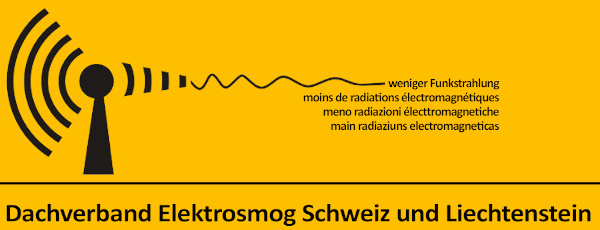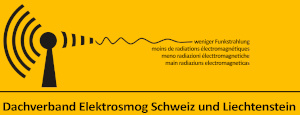Vergleich "Handy am Steuer" mit "Fahren im angetrunkenen Zustand":
Ein Team der Universität Utah unter der Führung von David Strayer hat in einem Experiment herausfinden wollen, wie sehr das Telefonieren mit dem Handy die Aufmerksamkein reduziert. Aus dem GEO-Magazin 03/09: "Das Resultat ist alarmierend: Während fast jeder andere Fahrer die Abzweigung rechtzeitig wahrnahm, fuhr die Hälfte der Telefonierer am Ziel vorbei. Und das, obwohl die Handybesitzer eine Freisprechanlage benutzten. Wie weitere Test ergaben, spielt es für die Konzentrationsfähigkeit fast keine Rolle, ob der Telefonierer das Gerät in Händen hält oder nicht. Das Problem bei der Handykommunikation, so vermutet Strayer, liegt darin, dass sie im Hirn des Fahrers eine äußere Situation heraufbeschwört, die sich nicht mit der im Auto deckt. Zum Beispiel sieht der Anrufer seinen Chef im Büro vor sich - und nicht das Kind, das auf die Fahrbahn läuft."
Umgekehrt ist das bei Gesprächen mit Insassen: GEO-Magazin 03/09: "Diese Unterhaltung lenkt die Aufmerksamkeit nicht ab. Im Gegenteil: Laut David Strayer chauffieren Menschen mit Beifahrer vorsichtiger, und die zweite Person im Wagen ist selbst daran interessiert, die Strecke im Blick zu behalten."
Die Studie A Comparison of the Cell Phone Driver and the Drunk Driver David L. Strayer, Frank A. Drews, and Dennis J. Crouch, University of Utah, Salt Lake City, Utah, im Sommer 2006 bei Human Factors publiziert, haben wir den oben genannten Stellen mitgesandt.
Zusammenfassung der Studie:
Method: We used a high-fidelity driving simulator to compare the performance of cell phone drivers with drivers who were intoxicated from ethanol (i.e., blood alcohol concentration at 0.08% weight/volume). Results: When drivers were conversing on either a handheld or hands-free cell phone, their braking reactions were delayed and they were involved in more traffic accidents than when they were not conversing on a cell phone. By contrast, when drivers were intoxicated from ethanol they exhibited a more aggressive driving style, following closer to the vehicle immediately in front of them and applying more force while braking. Conclusion: When driving conditions and time on task were controlled for, the impairments associated with using a cell phone while driving can be as profound as those associated with driving while drunk. Application: This research may help to provide guidance for regulation addressing driver distraction caused by cell phone conversations.
Fazit der Studie:
Beim Telefonieren am Steuer, egal ob mit oder ohne Freisprecheinrichtung, ist die Fahrtüchtigkeit genauso vermindert wie mit 0.8 Promille Alkohol im Blut.

